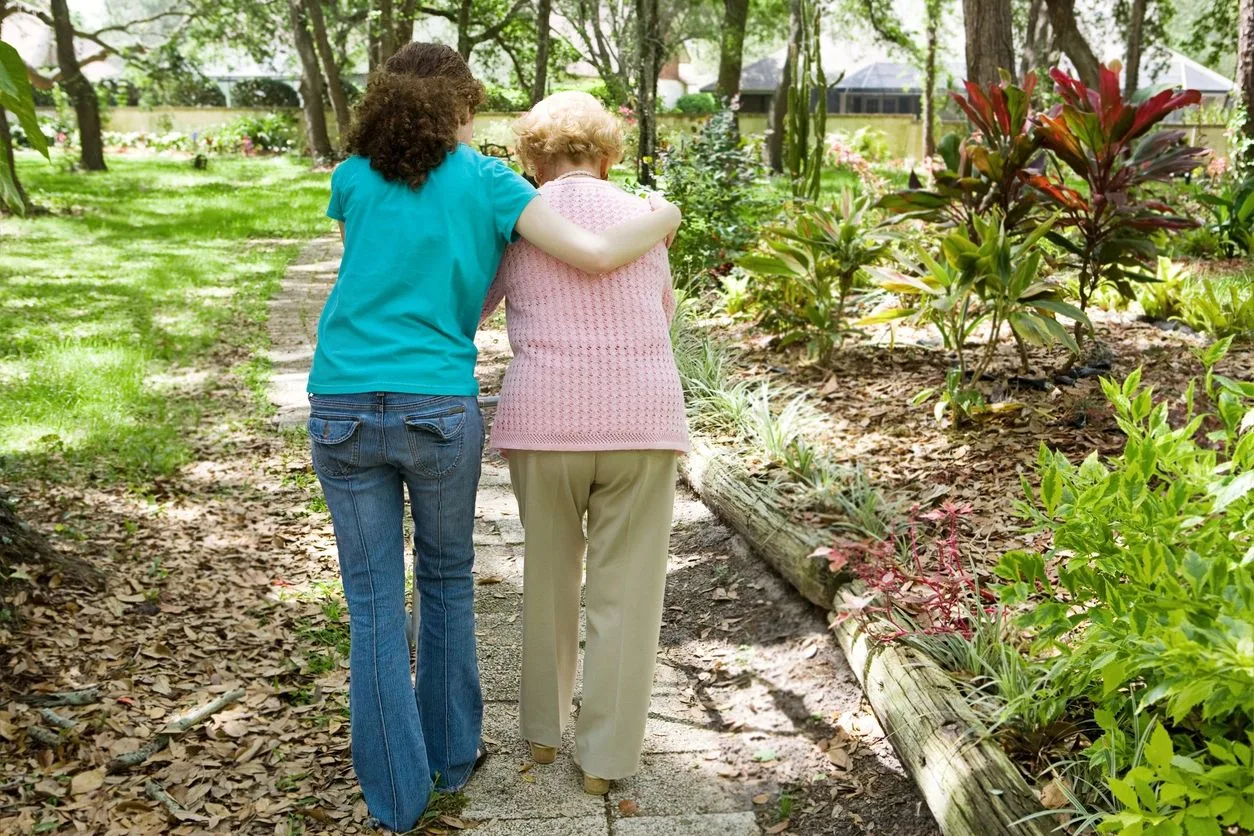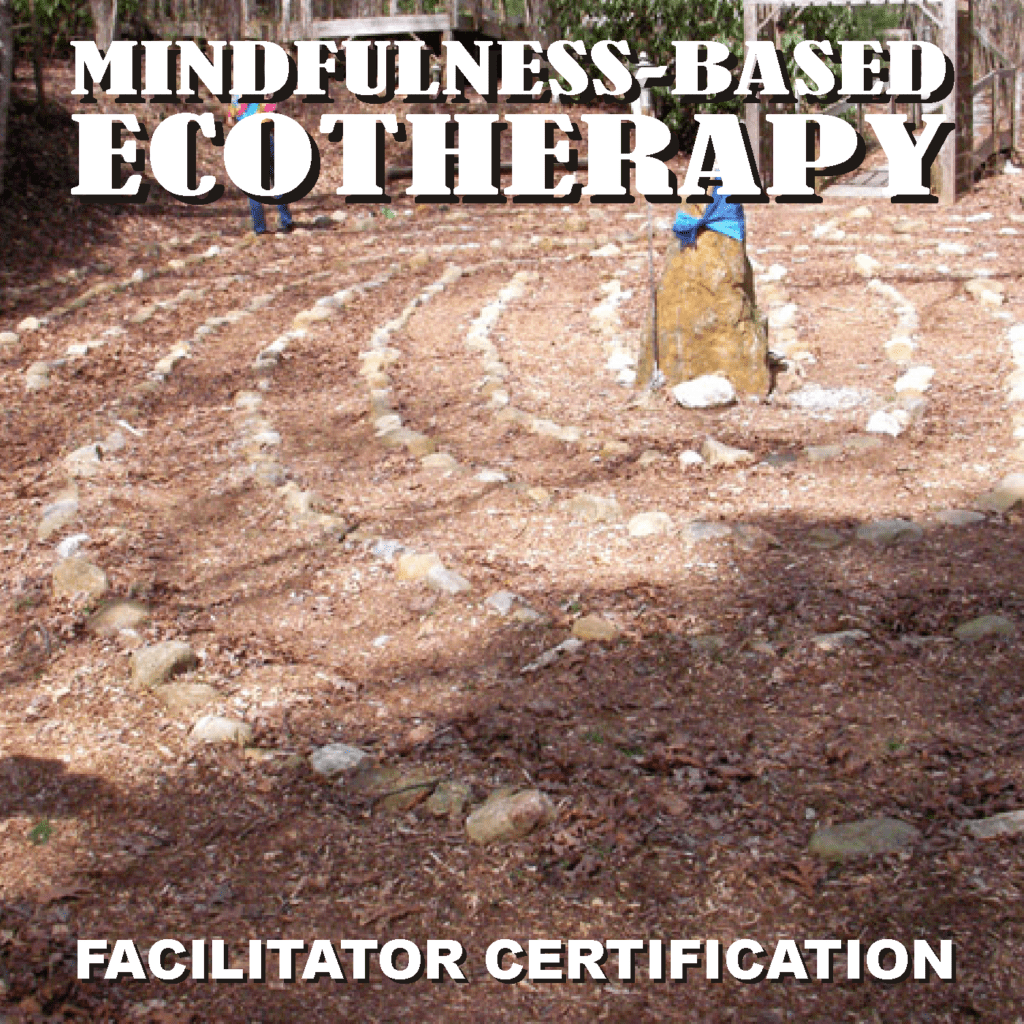
Our thoughts and feelings are a river.
What does this river look like?
As we’ve discussed often, mindfulness means paying attention to the present moment, with intention. There are six skills involved in mindfulness. These are:
- Observing
- Describing
- Participating
- Being non-judgmental
- Being one-mindful
- Being effective
Would these skills help you to recognize that your emotional states are simply processes of the mind? Would these skills help you to identify any addictive processes that lead to emotional aggression on your part?
It may help to realize that your thoughts and feelings are like a river. The goal of mindfulness is not to dam up the river and stop its flow. The river is always flowing. Sometimes negative thoughts and feelings float to the top of that river. Sometimes positive thoughts and feelings float to the top of that river. If you find yourself in a period where those negative thoughts and feelings are floating to the top, you have a choice. You don’t have to drown in the river. You can choose to get out of the river, sit on the riverbank, and watch if flow by. When you choose to get out of the river, you’re not stopping the flow of the river. You’re just choosing for a time not to ‘go with the flow’ if the flow is negative. The choice is always yours.
One goal of mindfulness is to realize that we are not our thoughts. We are not our feelings. We are something else. We can choose to identify with our thoughts and feelings, but we can also choose not to identify with negative thoughts and feelings. In doing so we come to realize that we are not bad people. We’re just people who sometimes may have less productive thoughts and feelings. We’re not angry people. We’re just people who sometimes may let our anger get the better of us. We’re not sad, anxious or depressed people. We’re just people who sometimes experience sadness, anxiety, or depression.
The River of Perfection
Sometimes emotional aggression is the result of feeling the need to be ‘perfect’ all of the time. People who have problems with emotional regulation are obviously passionate people. We feel strongly about things and people we believe in. Sometimes that passion can manifest in perfectionism. But what does ‘perfect’ really mean?
Try this sometime: Ask three of your closest friends what their idea of the ‘perfect’ day would be. I’m willing to bet that you’d get three different answers. Some people might think that a perfect day would be spent at the beach, while others might think that a perfect day would be spent hiking in the mountains. Still others might consider a day in a library or bookstore to be the perfect day.
The point here is that if different people have different definitions of what ‘perfect’ means, there can be no objective definition to the word ‘perfect.’ If there is no objective definition to the word, then each individual defines perfection for themselves. If you find yourself defining ‘perfect’ in such a way that perfection becomes impossible to achieve, then you have a choice. You may choose to redefine it in such a way that it becomes possible to achieve. You may also choose not to feel guilty or inadequate if you are unable to meet your own self-defined standards of perfection.
The tools and skills of mindfulness help us to understand that we don’t have to meet some arbitrary standard of perfection. Mindfulness teaches us self-awareness, and with self-awareness comes the realization that we are “perfect” just as we are. Until we come to that realization, change is not possible.
Mindfulness helps us to come to that awareness.






